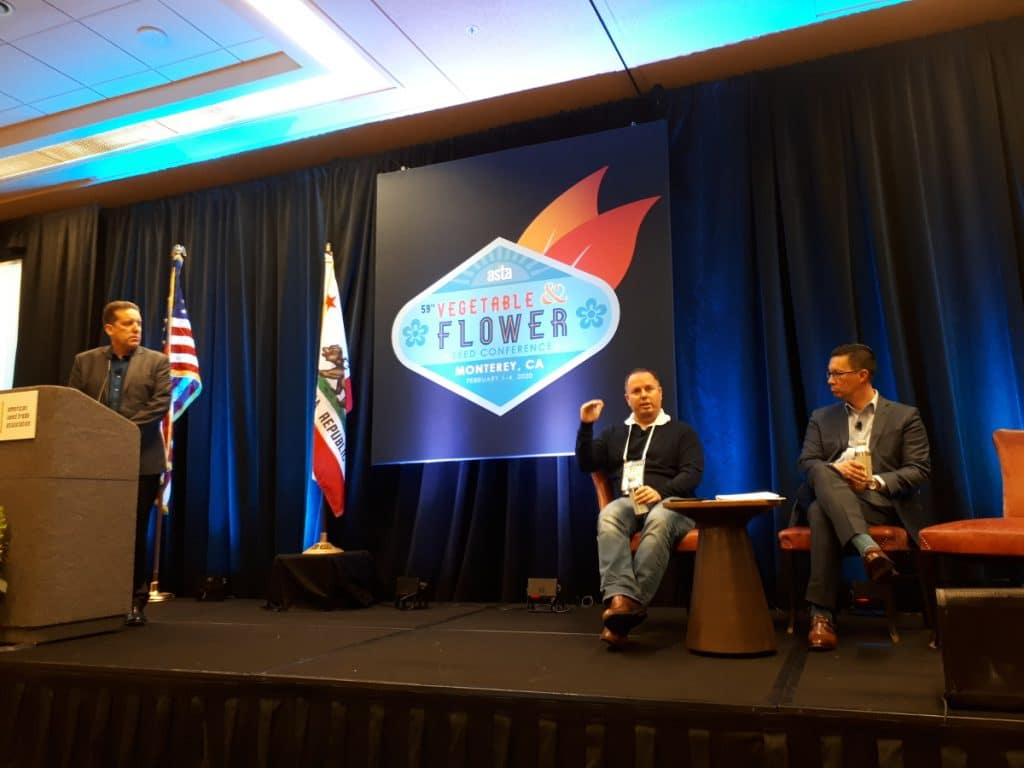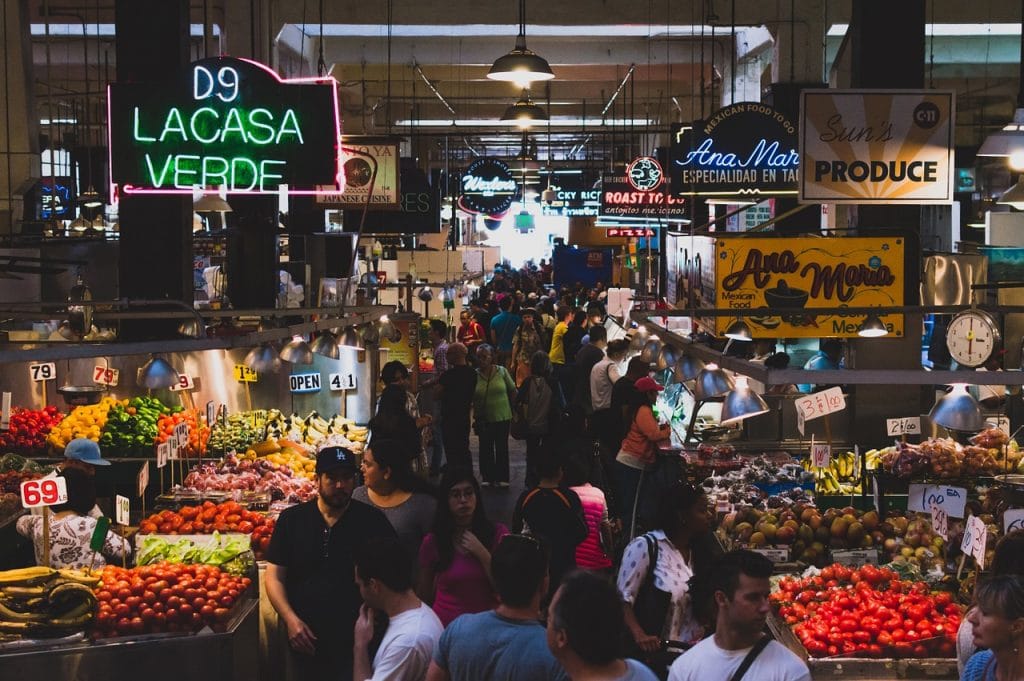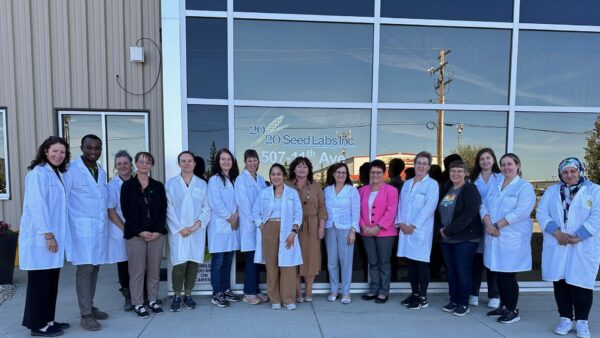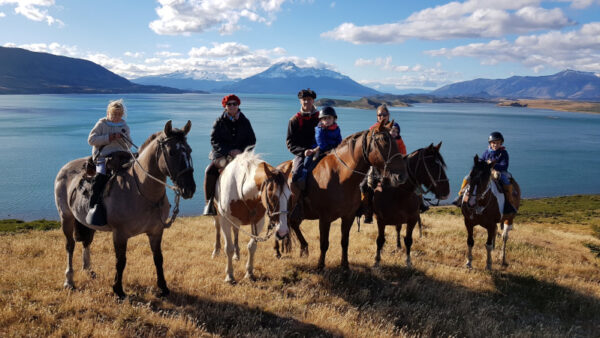A big theme emerged from this year’s American Seed Trade Association Vegetable & Flower Seed Conference: now more than ever, we need to cater to the consumer.
Freshness. Quality. Health.
According to Randy Riley, director of produce for Kroger, those three words sum up what the modern consumer wants from their local produce aisle.
Riley spoke this week at the American Seed Trade Association’s Vegetable & Flower Seed Conference in Monterey, Calif. as part of a session on the intricacies of produce retail and how the seed industry can best contribute to the modern produce space, which is increasingly dominated by consumer concerns over how fresh their produce is, its quality and how healthy they perceive it to be.
Kroger is the United States’ largest supermarket chain by revenue, the second-largest general retailer.
“The customer today is evolving. Their demand for convenience continues to accelerate. It’s mind-blogging what they will purchase for convenience. They are prioritizing things like freshness, quality and health,” Riley said.
“Those three words mean something different to different consumers, but they say it consistently. They have a high desire for easy food solutions and prepared foods and even eating out. Share of stomach is moving from traditional grocery stories to restaurants.”
Share of stomach. It’s a retail term denoting how much of their puchasing a consumer devotes to a particular grocery chain or retail brand.
Riley noted that Kroger has opened its own in-store restaurants to cater to the demand for prepared food. Consumers are increasingly viewing grocery stores as brands that contribute to their lifestyle and wellbeing. Kroger caters to that by offering its 11 million daily customers in 35 different states a sensory experience that provides “food inspiration and uplift.”
“When you think of the supermarket of the future, our total e-commerce platform is now available to 93% of all America. This is the growth of retailing. The essence of that includes online ordering, curbside pickup, delivering to the home, or a ship-to-home model that continues to become more robust. We meet the customer where they’re at and how they want to be served.”
Fresh produce plays a huge role in that, and it’s the seed trade that makes it possible. The challenge, Riley said, is finding producers who can align with Kroger’s business model of delivering the freshest and highest-quality produce based on market availability.
“That’s the grower’s challenge, too, as we understand it.”

Captivating an Audience
Consumers, Riley said, should be viewed as an audience that retailers, producers and seed companies should be actively trying to court.
“You’re in business for a reason. You and your technology are putting certain items forward and trying to captivate an audience with them. I’ve sat with you and heard about new varieties, branding, and how do we get these products to market in a way that’s beneficial to breeders and growers.”
Brian Church of California’s Church Brothers Farms had some insights on how to go about doing that. Church has been with the company since it formed in 1999. Over the years he founded and developed CB Harvesting that combined with the company’s farming efforts and consists of more than 2,500 employees. Most recently, he led expansion of the company’s ag operations into Central and Northern Mexico.
“Do you breed for today or do you breed for tomorrow? If you breed for today, you’ll miss tomorrow. What will tomorrow look like? We don’t know for sure but you can stack the deck in your favor by talking to industry leaders,” Church said. Church Brothers Farms is a vertically-integrated, family owned and operated company that produces a full line of fresh salads and vegetables year-round with an in-house farming/harvesting program and processing plant, True Leaf Farms.
Church noted that the produce industry is facing some major challenges — the Salinas Valley has no more land available for use and producers are forced to begin growing elsewhere, like Mexico.
“The crops don’t lie. If you’re looking at a 50-year history from seed to harvest and all of a sudden it deviates off further than it has in 50 years, it’s telling you something. After 2010 it started deviating further than we had ever seen it.”
Church estimated that in 10 years, as much as 25% of production in the Salinas Valley will have to move to Mexico.
“The Salinas Valley is 220,000 acres and it’s full. Where else do you go? You can improve yield but you can’t have more acres.”
That means a big component of capturing share of stomach involves employing new technologies to create new varieties adapted to climate change. However, those methods need to be accepted by the consumer. Riley said that genetic engineering is one technology that for the time being is not accepted by most consumers in the fresh produce space, and Kroger must respond accordingly.
“The 11 million customers who come into our stores every day are confused about it. Most of them say they want no part of GM. That means the retailer must make decisions around that. We want to partner to educate the consumer about what’s truly going on and gain their perspective after that.”










